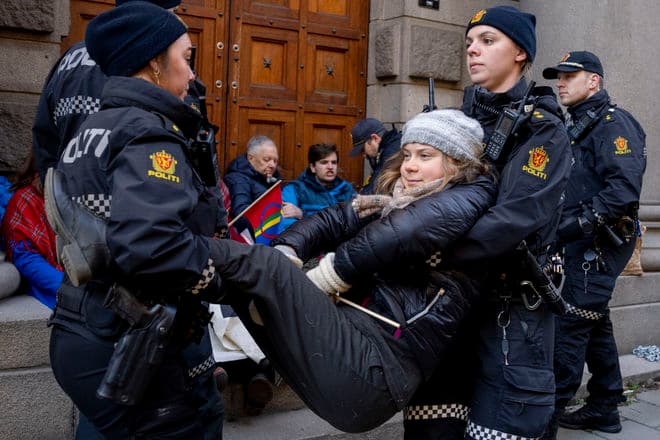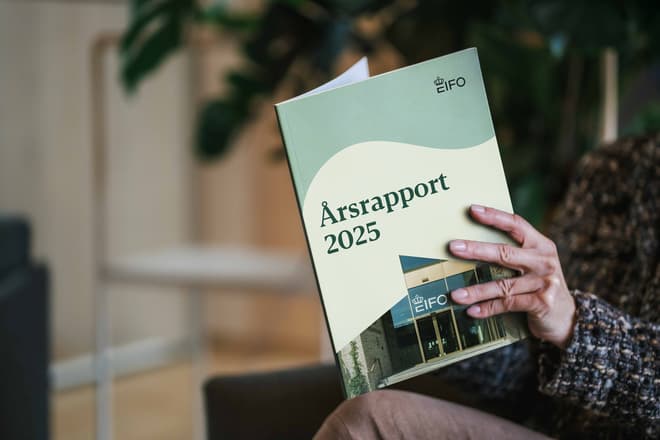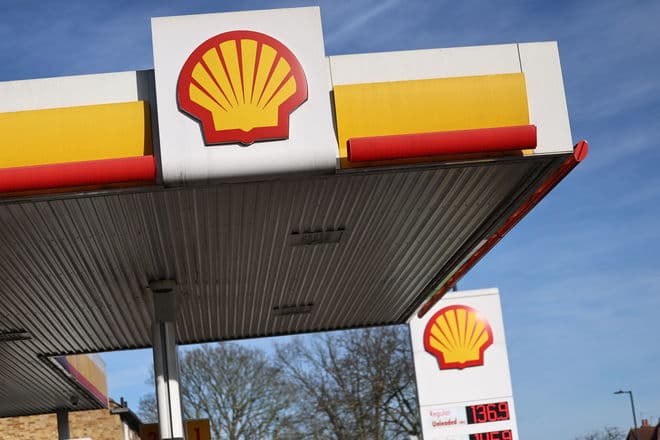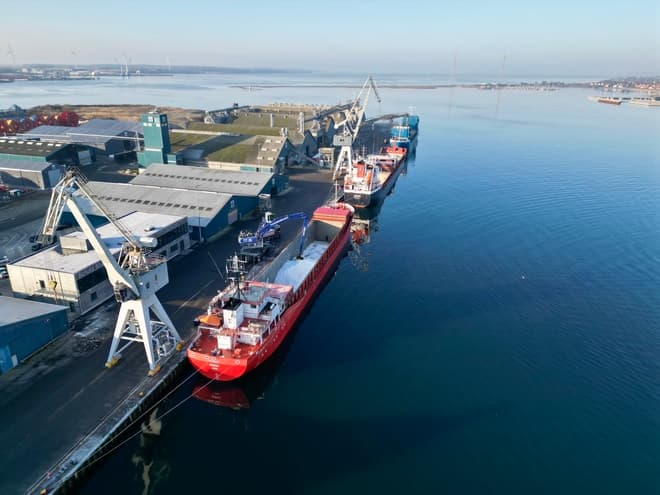
The EU is expected to sign an agreement on the supply of gas from Israel on Wednesday. The plan is to do so at an energy conference in the Egyptian capital, Cairo, according to the Israeli energy ministry.
The EU sees Israel as a good new source of gas at a time when the union is trying to become independent of gas from Russia. The agreement will allow Israel to export a "significant" amount of gas to Europe for the first time, the Israeli ministry said.
Officials say the Israeli gas is expected to be sent first to Egypt. From there, it will be exported to the European market. The new agreement is to be signed by the EU, Israel and Egypt. The Israeli gas fields are located off the west coast of Israel, immediately south of Cyprus in the southeastern Mediterranean.
Many are looking towards new gas sources
It is Russia's war in Ukraine that has prompted the EU to look for alternatives to Russian gas. Russia began its invasion on February 24. Russia is one of the world's largest exporters of gas. However, the war in Ukraine has led many countries to look for new sources of gas.
At the end of May, the Russian energy company Gazprom announced that it would stop supplying gas to the Danish company Ørsted. Gazprom decided to turn off the taps because Ørsted refused to meet a Russian demand for payment in rubles. According to Ørsted, the company has never been obliged to follow such requirements.
On Tuesday, Gazprom announced that the company would reduce the transport of Russian gas via Nord Stream to Europe by around 40 percent. This is due to delays in repairs to the pipeline that runs from Russia to Germany.
It was not immediately clear whether this was just a temporary reduction or a more permanent one.
Ritzau / Reuters
Text, graphics, images, sound, and other content on this website are protected under copyright law. DK Medier reserves all rights to the content, including the right to exploit the content for the purpose of text and data mining, cf. Section 11b of the Copyright Act and Article 4 of the DSM Directive.
Customers with IP agreements/major customer agreements may only share Danish Offshore Industry articles internally for the purpose of handling specific cases. Sharing in connection with specific cases refers to journaling, archiving, or similar uses.
Customers with a personal subscription/login may not share Danish Offshore Industry articles with individuals who do not themselves have a personal subscription to Danish Offshore Industry.
Any deviation from the above requires written consent from DK Medier.


























